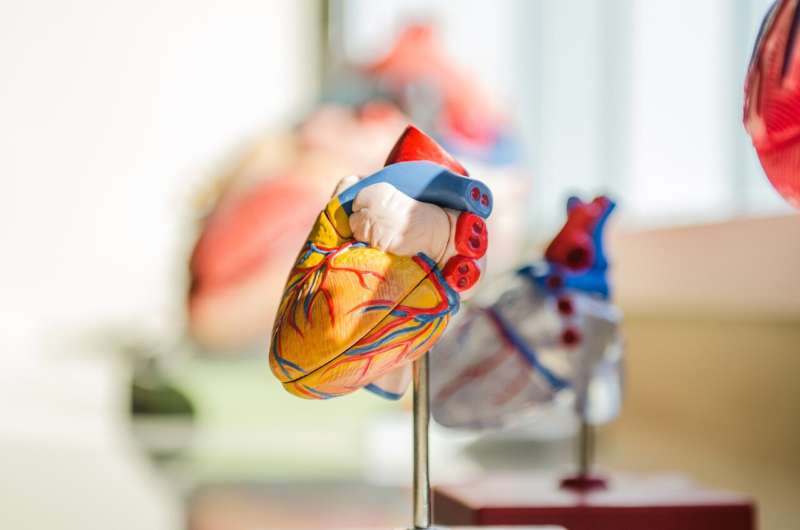This article has been reviewed according to Science X's editorial process and policies. Editors have highlighted the following attributes while ensuring the content's credibility:
fact-checked
peer-reviewed publication
trusted source
proofread
How an effective cancer therapy may damage the heart

Cytotoxic T-lymphocyte antigen 4 (CTLA-4) is a protein receptor on T immune cells that prevents the cells from killing other cells, such as cancer cells. Blocking CTLA-4 with a specific antibody is an effective treatment for some cancers, but it can damage the heart. New research published in The FASEB Journal reveals the mechanisms involved in this side effect—a finding that could be used to help prevent it.
Experiments conducted in mice showed that blocking CTLA-4 activates certain T cells called Th17 cells, which increase inflammation. Inhibiting this activation reversed anti-CTLA-4–mediated heart damage.
"Targeting this axis could potentially offer a preventive or therapeutic strategy for managing cardiotoxicity in patients undergoing anti-CTLA-4-based immune checkpoint inhibitor therapy," the authors wrote.
More information: Blocking CTLA-4 promotes pressure overload-induced heart failure via activating Th17 cells, The FASEB Journal (2024). DOI: 10.1096/fj.202400384R



















